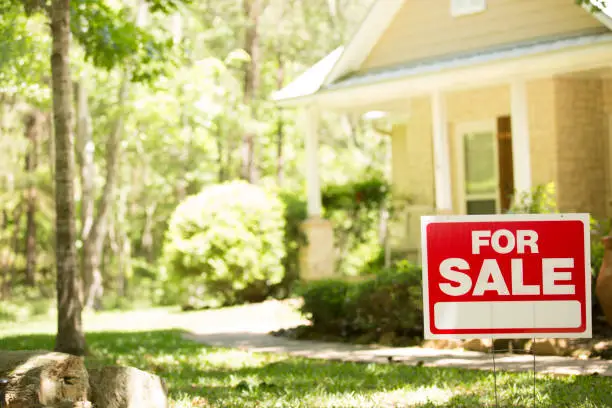Am I Ready to Buy my First Home?
So to help you determine if you are ready, in this guide we’ve detailed all the considerations you should make and some of the key first time home buyer requirements.
If you’re buying for the first time, whether you’re looking to purchase a smart 2-bed house to call your own, or a 4-bed new build property to raise a family, you need to be sure you’re ready to do so and be in the best position to purchase.
Do you know what property you want?
To start with the basics, you need to have at least an idea of the type of property you would like to buy. Making your search easier and more successful.
Typically, most first time buyers are drawn to smaller or more modest houses and flats for affordability purposes, but this doesn’t mean you should rule larger properties. The reality is that with the right planning, financial circumstances and budgets in place a wider range of property types can be available to first time buyers.
Click here, to make property hunting easier.
Have you considered your future needs?
To make sure you truly make your first property your home you should also think about what you might need from it in the future.
For example, if you’re planning on having a family at a later stage in your life, things like the number of bedrooms or the potential to extend are worth keeping in mind. Equally, if you think you’ll eventually look to move you should consider the area and what potential the property has for making a good financial return.
Have you researched the area?
Alongside the popularity of the area, you should look at what else is on offer in terms of:
· Amenities, shops and entertainment.
· Transport links and connections.
· Urban development and regeneration.
· Employment prospects.
· The quality of schools.
These elements will be a huge determining series of factors on the quality of life you’ll experience when you move into your new home. Naturally, there won’t be a perfect fit for everything but you should be mindful of transport and amenities in particular.
Do you have enough savings?
One of the most common queries about house buying after how to buy a first home’ is how much do I need?’ and how much deposit do I require?. Unfortunately there’s no single answer to this, it’s more about averages and roughly working it out based on the property you want to buy.
According to Which? the average first time buyer home costs £203,695 and the smallest first time home buyer deposit (subject to lender) is 5%, which is at least £20,815 based on this number.
There are also a variety of other fees that can be involved ranging from conveyancing to surveys and legal costs, which can add upwards of £5,000. So in other words, running the numbers and having a good chunk of money put aside is essential when buying for the first time.
Do you have a steady source of income?
Having a steady income is also very important for a number of reasons when buying for the first time. A key example of this is mortgages, as lenders will use your income as a guide for how likely you’ll be to make your repayments, how much they’ll be willing to let you borrow and what interest rate they’re prepared to offer.
In the past, a general rule of thumb, you could borrow between three and five times your salary, if the lender is satisfied your income is safe and secure – but now it very much varies between providers.
Having a steady income can also benefit your potential homeownership and can allow you to pre-emptively work out if you’ll also be able to cover costs on additional things like:
· Living costs (food, utilities, transport)
· Insurances
· Taxes
· Unexpected issues/repairs
· Leisure and travel
· Savings
All of the above should be factored in to your home buying efforts and you shouldn’t take on more than you can afford.
Do you have good credit?
In a similar vein to your income, another lending criteria that most mortgage providers assess is your credit rating. This is sometimes also known as your �?credit score’ and is a number determined by the UK’s three main credit agencies. You can find out more about this here.
In simple terms, the better this score is, the more likely it is they’ll offer you a mortgage with more favourable interest rates. During your mortgage consultation, the lender will likely run a credit check on you to get the most up-to-date reflection of your creditworthiness.
Have you sought expert advice?
In addition to our guides, you should also seek advice from experts who can point you in the right direction, whether it is for mortgages, savings or finding the right home for your circumstances.
The unbiased and fair guidance from specialists can be invaluable and will ensure you’re making the right decisions.
As a first-time buyer, keep up to date here.
